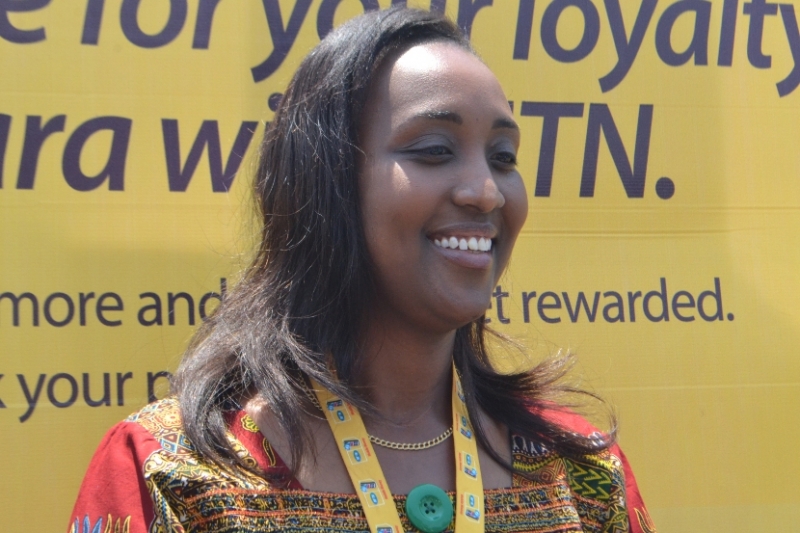Some of us might think that academic integrity is sacred in high-performing schools and that students who attend such schools are unlikely to cheat.
Since many of these schools are located in affluent neighbourhoods, it seems logical to assume that students at these schools would not need to cheat since they have ample resources at their disposal.
Academic cheating is prevalent throughout all schools. There has been public debate on 2018 PLE results given that some urban schools claimed that they have been under marked.
But Uganda National Examination Board (UNEB) Executive Secretary Daniel Odong revealed to the media how a new system Education Management Information System (EMIS) introduced by the board was very effective in blocking PLE cheating.
Accordingly, each school had a six-digit code. The system anonymized schools and candidates by remove identifiable details from the examination script.
Only useful information about the candidates was maintained for marks and assessment.
Such fresh arrangement barred examiners from knowing which schools they were marking.
Nevertheless, in recent years there has been of academic cheating occurring in schools with excellent reputations. For example, claims that urban expensive schools in Kampala were pin pointed by parents, teachers and even pupils in up country schools to be cheating.
Depending on performances this year, a school like Kampala Parents which expected good grades as usual left pupils and parents in disbelief.
Mugasho Bryan Atwiine, a pupil at Kampala Parents who scored 6 aggregates expresses his disappointment in his results.”I expected to get 4 because I did my best and I was always performing well in class. I think there’s a problem this year”
Ms. Daphine Kato, the school principal however, refutes all speculations of Kampala parents being involved in any cheating practices.
“This year’s results are not as good as the past years I cannot deny; I can’t even think that the new system may have been an issue. It is like how you see every year with its own difference. We have been working hard like the past years but I surely believe the pupils had their own task to perform which was not as expected but all the same it was not as bad”, Ms Kato said
New system effective?
Simon Okello, an IT specialist thinks that the system may be effective for a short time but may be hacked with time. “Nothing is impossible as far as computer system manipulation is concerned. It may be hard but still with the right kind of tools and people it can be hacked.
Fred Kanunura, a teacher at Nyakibale Parents School in Rukungiri district thinks that there are possibilities that this system may fail. “While I was an examiner in 2000, we would know that a school is positioned in a particular region in Uganda basing on the names without having to see centre numbers, so the case of leaving out centre numbers may not be of help”
Simon however advices “So for the system to be as safe as UNEB says they probably need each students codes to use as opposed to their manes and index numbers together”. He adds that It’s definitely not as effective as they claim ,but a move in a good direction
As new technologies emerge, the problem of cheating will only worsen especially if the employed IT specialists are not professional like we have seen in some of the government institutions.
Another IT specialist, Moris Atwine, comments “If they have different layers that can be encrypted/anonymised. Then there’s no way they can be hacked whatsoever. It would really take a good team of people to understand the pattern used in execution
Mr Baguma Bates Filbert, The chairman of Uganda National Teachers Union (UNATU) however thinks that there is much more to zero on other than the new system.
“The PLE results have been talked about by many stakeholders but the challenge is bigger than what we are looking at. The assessment itself is unfair because it only caters for academic and leaves out skills. So many subjects are taught but only four examined”
He then compares the up country and Urban performances indifferently, “The issue of Kampala versus upcountry, in my view, the best candidate can come from any school regardless of its location. It may be in urban or rural set up”
Mr Baguma adds,” As for the marking and grading of PLE, I expect it to have been the same since they did the same exam arising out of the same curriculum”
When contacted for a comment, Daniel Odong said he was occupied and was in a meeting.
“I am in a meeting,” he sent an SMS.
But earlier Odong had said that previously the examiners would feel a lot of pressure while marking top schools. So by removing the numbers the examiners don’t know which schools they are dealing with.
The 2018 PLE results aroused outrage among parents particularly with kids in top schools.
These parents accused UNEB of under marking the schools in favour of upcountry institutions.
For example, parents of Kabojja, a school known for excelling in PLE have since petitioned UNEB asking for re-marking of the examinations.
They suspect their kids could have been under marked in favour of upcountry schools.
Another notion peddled by ‘wounded’ parents is that some upcountry schools are owned by top government officials, so UNEB could have collaborated with these officials as a means of advertising their schools under the guise of ‘PLE Excellence.’





